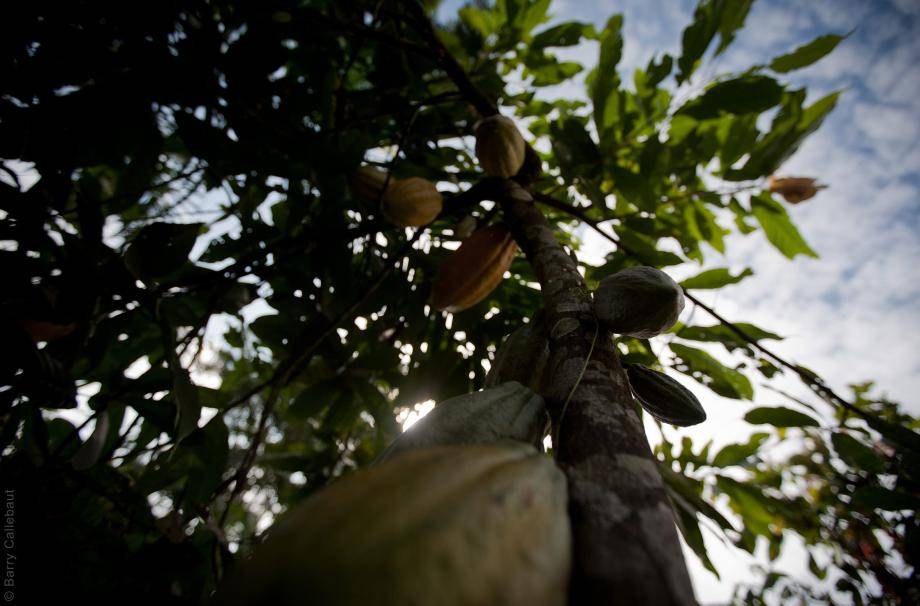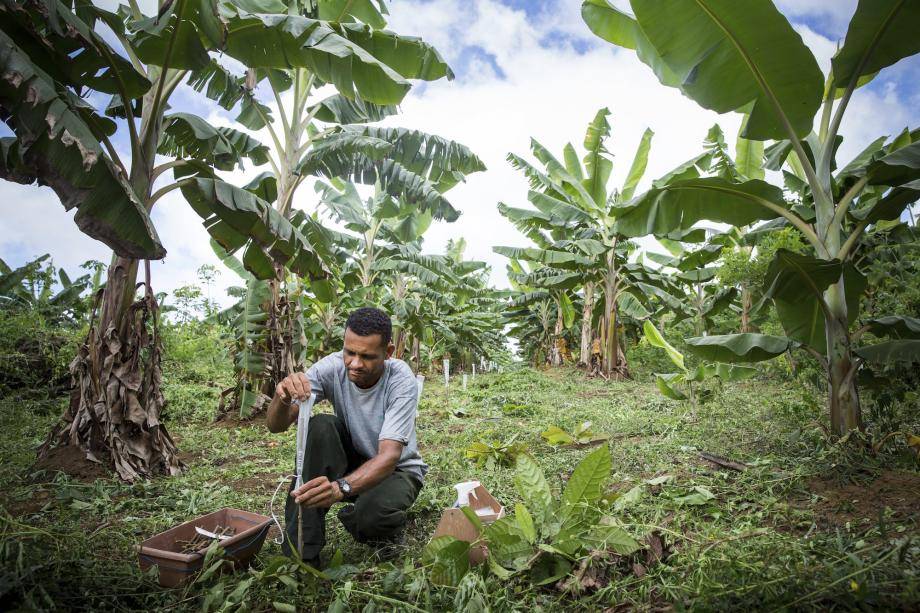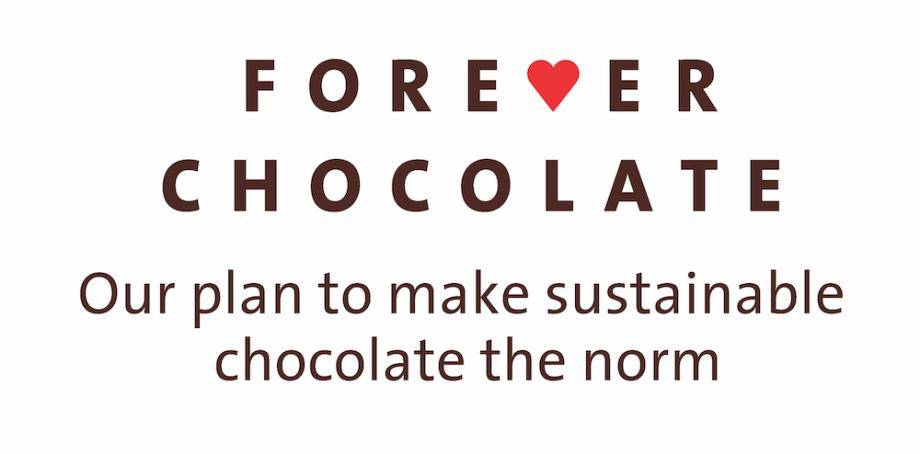Going for gold: driving carbon emissions reductions in our supply chain

Going for gold: driving carbon emissions reductions in our supply chain
The ambitious goal of the Paris Agreement, to keep global warming well below 2°C, has prompted businesses all over the world to take positive action. Barry Callebaut has introduced significant measures to reduce direct emissions and energy consumption. However, decreasing emissions from supply chains, like cocoa and milk powder has proven to be difficult. So what are we doing to address this?

Reducing emissions - developing partnerships and processes
The challenge in reducing supply chain emissions is that all companies in the supply chain need to work together and agree on a set of common actions and reporting standards. To address this, Barry Callebaut has partnered with the Gold Standard Foundation and strategic partners to create an innovative guidance document for all supply chain partners. Together we have reached a consensus on how supply chain actions can be accounted, recognized, and included in reporting towards performance targets. Barry Callebaut is also joining Mars, Danone, General Mills, Ben & Jerry’s as well as the Livelihoods Fund to further develop and test this new and innovative approach.

The benefit chain - the value of fruit trees
Under the umbrella of the comprehensive framework, Barry Callebaut will be able to maximize emissions reductions in some areas and use the surplus to decrease the carbon footprint in other more challenging ones. For instance, carbon benefits from planting fruit trees on cocoa farms can be used to balance emissions from shipping.
Barry Callebaut will be able to maximize emissions reductions in some areas and use the surplus to decrease the carbon footprint in other more challenging ones. For instance, carbon benefits from planting fruit trees on cocoa farms can be used to balance emissions from shipping.
A shared responsibility for reducing carbon emissions
This comprehensive framework will contribute to achieving our Forever Chocolate goal of becoming carbon and forest positive by 2025.
Gold Standard was established in 2003 by WWF and other international NGOs as a best practice standard to ensure projects that reduced carbon emissions under the UN’s Clean Development Mechanism (CDM) also delivered on the dual mandate to foster sustainable development. Gold Standard now has more than 80 NGO supporters and 1400+ projects in over 80 countries, creating billions of dollars of shared value from climate and development action worldwide.

Forever Chocolate is Barry Callebaut's plan to make sustainable chocolate the norm by 2025 to help ensure future supplies of cocoa and improve farmer livelihoods. It supports the Cocoa Horizons Foundation in its goal to shape a sustainable cocoa and chocolate future.
